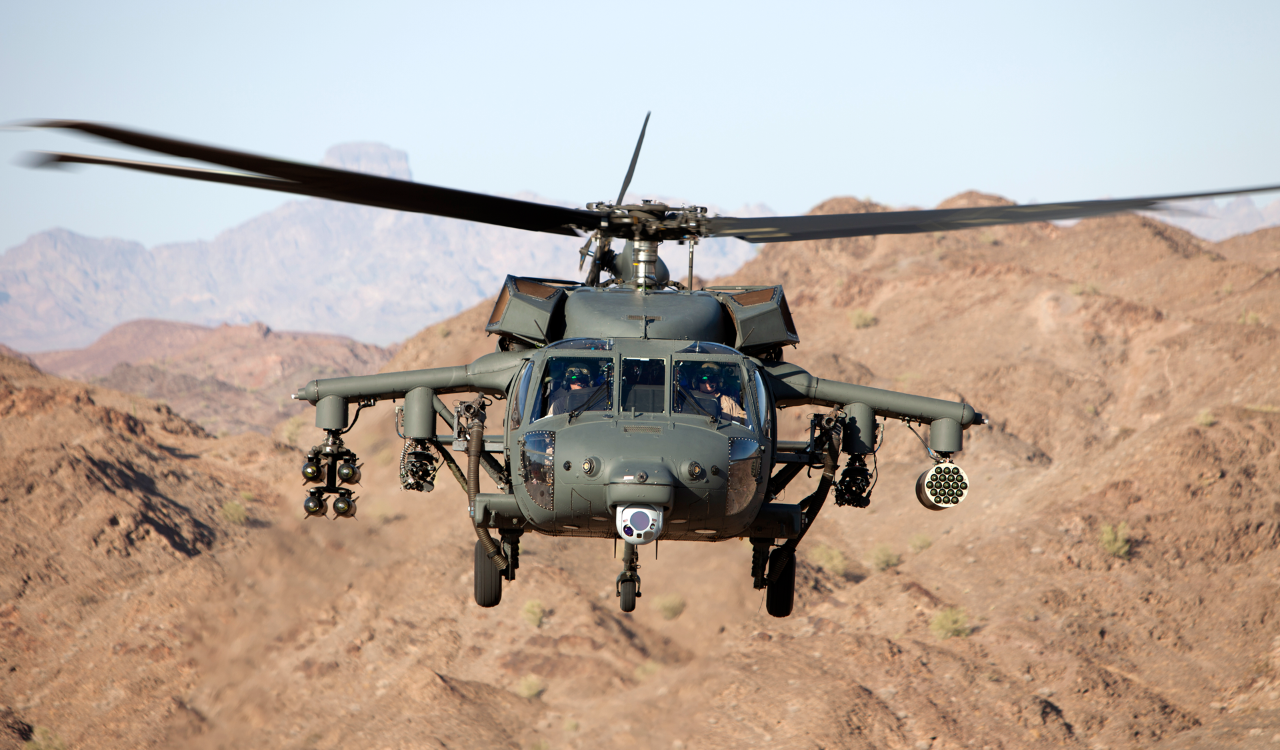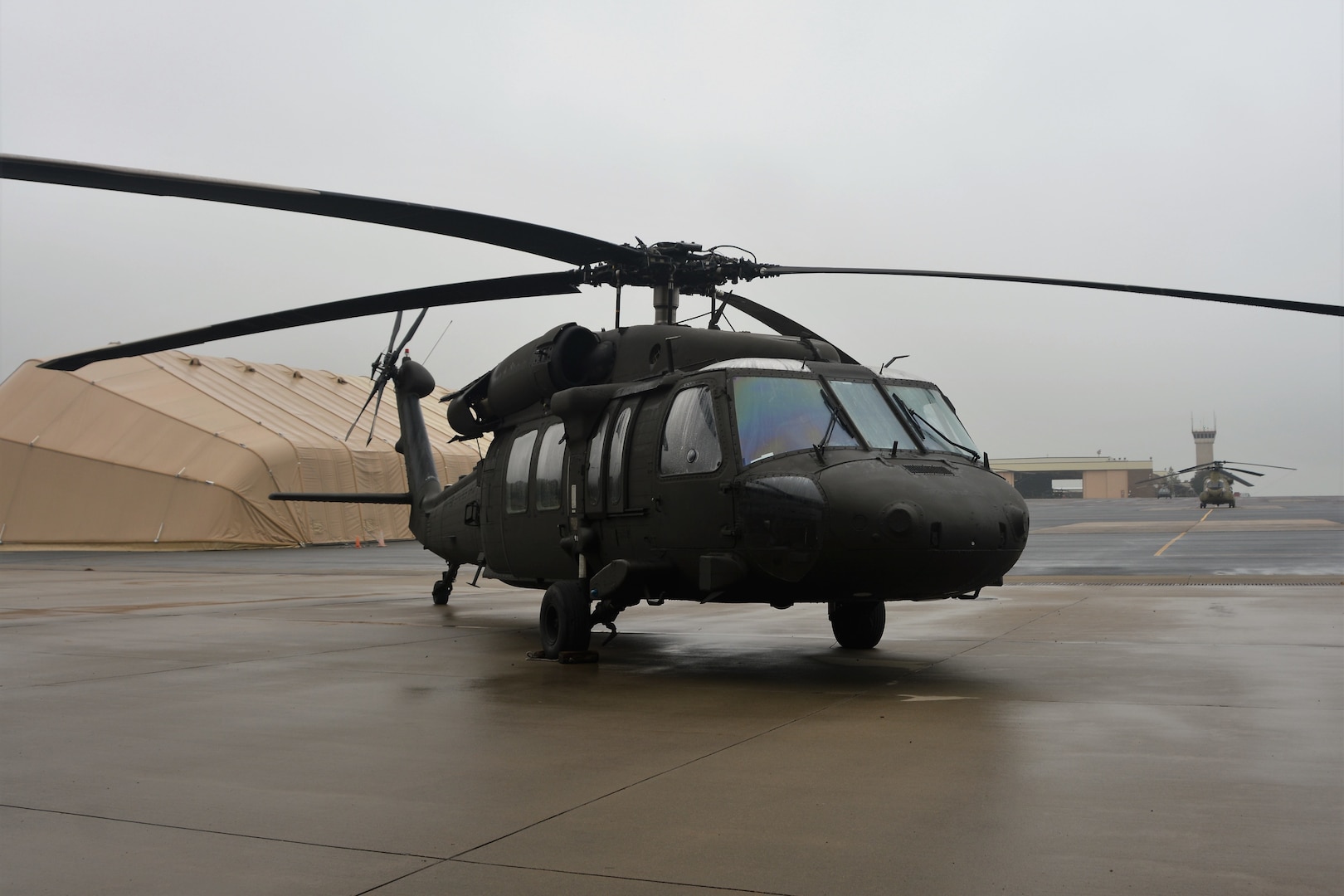The Function of UH 60 in Modern Armed Force Operations
The Impact of Lasting Practices on the Future of Aircraft Workflow and Emissions Reduction
As the aeronautics industry faces enhancing analysis over its ecological effect, the fostering of lasting methods emerges as an essential path towards future airplane procedures and discharges decrease. Technologies in lasting aeronautics fuels and advancements in hybrid propulsion modern technologies stand at the center of this transformation, promising significant decreases in greenhouse gas emissions.

Introduction of Lasting Practices
Lasting practices in aircraft operations encompass a series of approaches aimed at decreasing ecological impact while keeping operational effectiveness. These methods are necessary in the air travel industry's commitment to decreasing its carbon impact and sticking to international environmental criteria. Trick campaigns include enhancing flight paths to minimize fuel consumption, enhancing maintenance methods to ensure aircraft run at peak efficiency, and executing sophisticated technologies such as winglets and lightweight materials that boost aerodynamics.

Educating and involving personnel on sustainability techniques likewise play a vital duty, fostering a culture of ecological responsibility within companies. In general, the combination of these sustainable techniques not just helps lower exhausts but likewise boosts the long-lasting feasibility of the aviation industry, guaranteeing it fulfills the demands of both clients and governing bodies while adding to global sustainability goals.
Innovative Fuel Alternatives
Various cutting-edge fuel alternatives are becoming critical solutions to minimize the air travel market's reliance on conventional fossil fuels. Amongst these alternatives, Lasting Aeronautics Gas (SAFs) have actually gained significant attention due to their potential to lower lifecycle greenhouse gas discharges by as much as 80% contrasted to traditional jet fuels. SAFs are obtained from various feedstocks, including waste oils, agricultural deposits, and also algae, making them a versatile alternative for the market.
Another promising option is hydrogen gas, which, when utilized in fuel cells, creates only water vapor as a result. This zero-emission prospective presents a substantial chance for decarbonizing flight procedures, specifically for short-haul flights and local airplane. In addition, electrical propulsion systems are being discovered, leveraging battery innovation to power aircraft. While current battery capability restrictions variety and haul, ongoing advancements might quickly make electrical trips viable for particular applications - uh 60.
Last but not least, biofuels originated from biomass are being examined, providing a sustainable option that can be blended with typical fuels. Collectively, these cutting-edge fuel options stand for an essential action towards attaining a sustainable air travel community, straightening with international emissions reduction targets and boosting the industry's environmental stewardship.
Technological Improvements in Air Travel

How can technical advancements improve the future of aviation? Advancements such as hybrid and electrical propulsion systems are at the leading edge, encouraging significant reductions in fuel usage and greenhouse gas emissions.
In addition, the application of sophisticated materials, such as lightweight composites, adds to improved aerodynamics and gas efficiency. Making use of expert system and machine discovering in trip procedures optimizes course preparation and decreases fuel melt by making it possible for real-time changes based on climate and website traffic conditions. Furthermore, the development of independent and remotely piloted aircraft systems stands to revolutionize cargo and traveler transportation, potentially boosting performance while minimizing human mistake.
Moreover, lasting air travel innovations, including innovative air website traffic administration systems, can simplify operations and reduce blockage, leading to lower emissions throughout trip. These improvements jointly stand for a paradigm change in air travel, assuring a future where sustainability and functional efficiency are intertwined, consequently sustaining the market's dedication to lowering its environmental effect.

Regulative Structure and Conformity
Because of the growing focus on ecological stewardship within the aeronautics sector, the governing framework regulating airplane operations is progressing to promote sustainable techniques. Regulative bodies, such as the International Civil Aeronautics Company (ICAO) and different nationwide aviation authorities, are presenting rigorous guidelines focused on reducing discharges and enhancing look at this site functional efficiency.
These laws usually consist of the adoption of Sustainable Aeronautics Fuel (SAF), which has actually been recognized as a key element in achieving reduced carbon impacts. Compliance with these policies requires airline companies to execute functional methods and sophisticated modern technologies, such as maximized trip courses and enhanced air web traffic monitoring, to minimize fuel Learn More Here consumption.
Furthermore, the enforcement of exhausts trading schemes and carbon balancing out efforts is coming to be increasingly widespread, engaging airline companies to monitor and report their exhausts properly. Non-compliance can lead to considerable charges, therefore pressing drivers to focus on sustainability in their organization models.
Ultimately, the advancing regulatory landscape not only drives innovation and financial investment in eco-friendly modern technologies however also fosters a culture of accountability within the aviation industry. As these structures proceed to develop, the concentrate on sustainable methods will be important to accomplishing the sector's lasting environmental objectives.
Future Fads in Airplane Operations
As the air travel sector adapts to a progressively strict governing setting, future trends in aircraft operations are readied to focus on ingenious options that better improve sustainability and effectiveness - uh 60. Trick developments will likely include the fostering of sophisticated air web traffic administration systems, which utilize real-time data and expert system to enhance trip paths, reducing gas intake and discharges
One more significant pattern is the boosted combination of sustainable aeronautics gas (SAFs) These choices to traditional jet fuel, originated from renewable resources, can dramatically lower lifecycle greenhouse gas exhausts. The industry's dedication to SAFs will likely accelerate as airline companies work together with gas producers to ensure availability and cost-effectiveness.
Additionally, the press towards electrification and hybrid propulsion systems is gaining momentum. Emerging airplane styles will include these innovations, providing quieter and extra efficient procedures, especially for short-haul flights.
Conclusion
The fostering of lasting aeronautics fuels, coupled with innovations in electrical and hybrid propulsion systems, is crucial Discover More for decreasing lifecycle greenhouse gas discharges. Optimizing trip courses and accepting ingenious modern technologies contribute to a quieter and more ecologically pleasant aviation field.
Technologies in sustainable air travel fuels and advancements in hybrid propulsion innovations stand at the forefront of this makeover, appealing significant reductions in greenhouse gas emissions.Various ingenious fuel choices are emerging as pivotal services to reduce the aviation sector's dependence on traditional fossil gas - uh 60. Amongst these alternatives, Lasting Air travel Gas (SAFs) have gotten considerable interest due to their potential to lower lifecycle greenhouse gas discharges by up to 80% contrasted to traditional jet gas.One more significant pattern is the enhanced integration of lasting aeronautics fuels (SAFs) The fostering of lasting aeronautics gas, combined with innovations in electrical and hybrid propulsion systems, is crucial for reducing lifecycle greenhouse gas exhausts